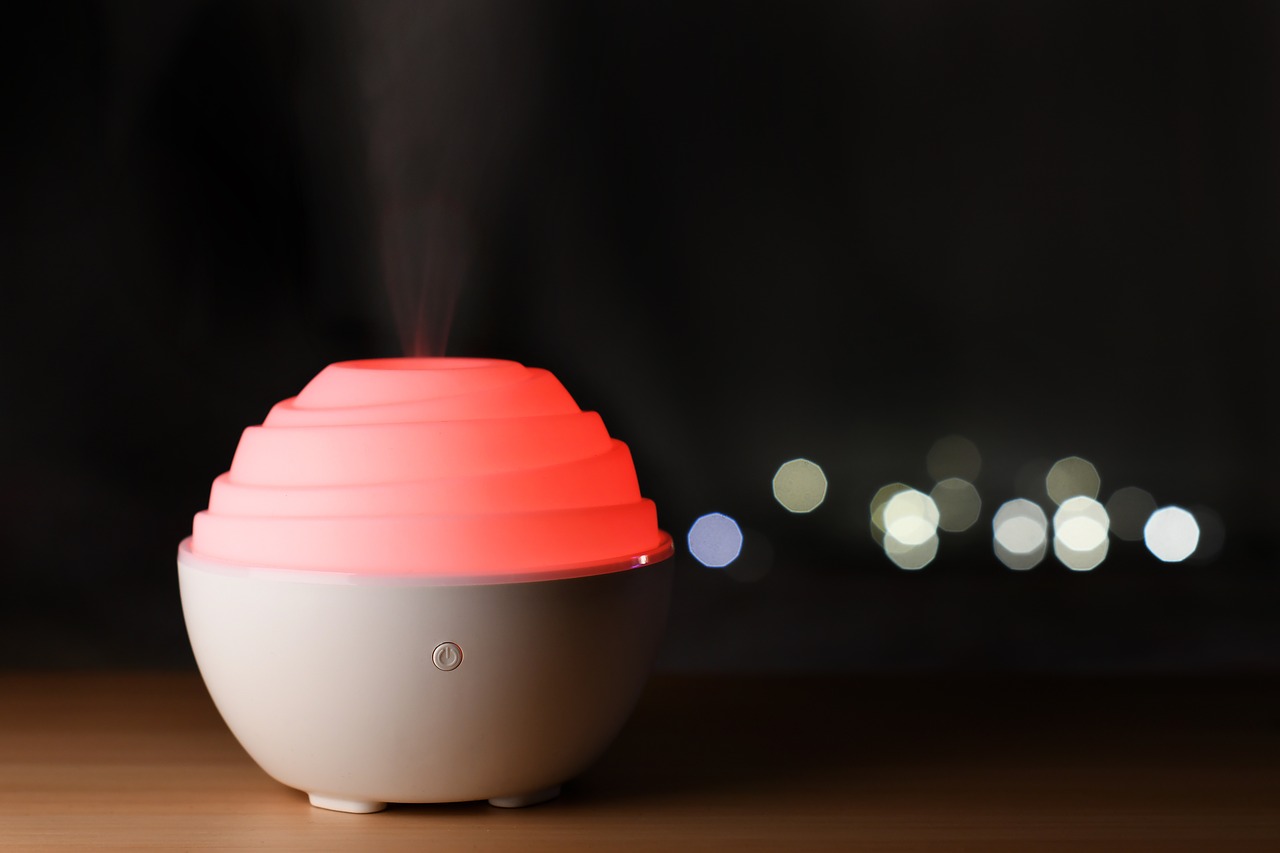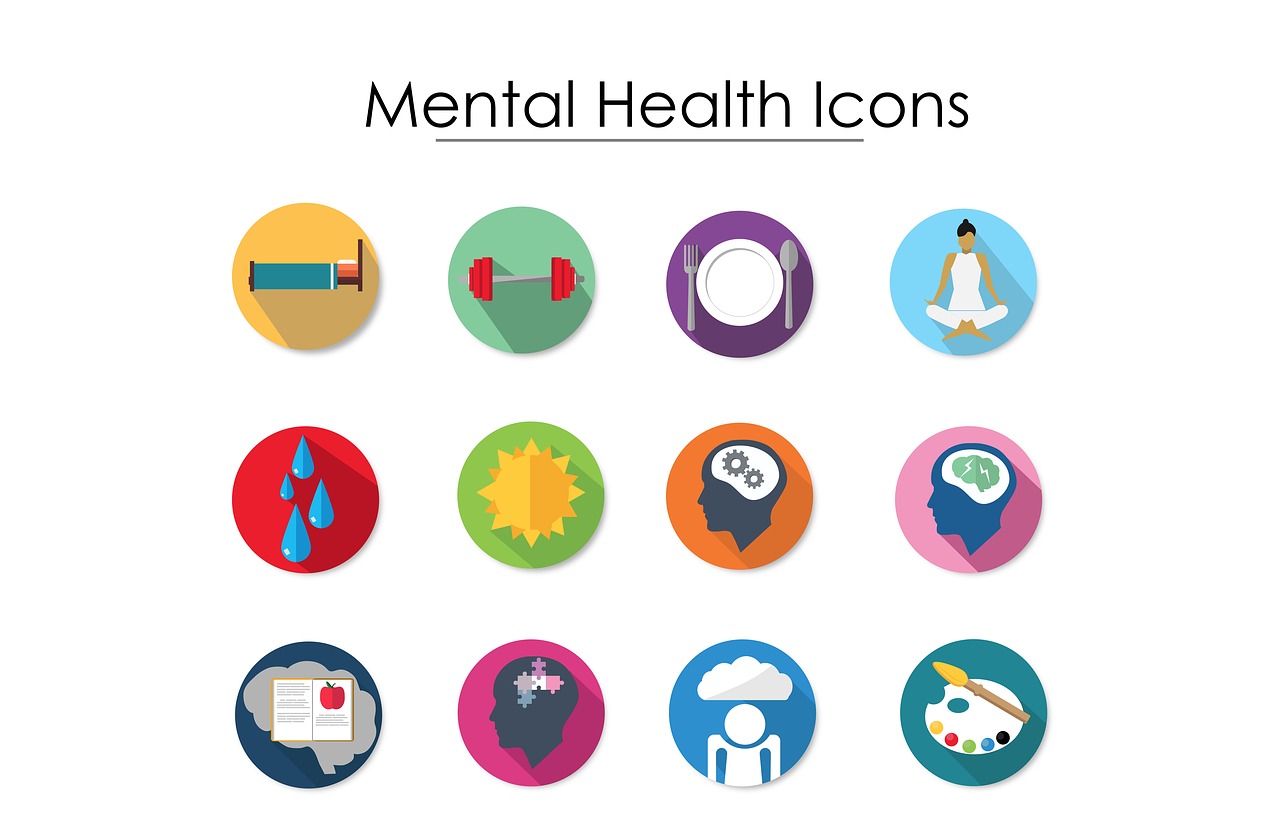
If you sometimes wake up soaked in perspiration even when the temperature is cool, you're not alone. According to some estimates, more than 40% of patients have told their primary care physicians that they experience night sweats. Of course, sweating is natural and beneficial. It's your body's way of cooling off, but nocturnal sweating can be embarrassing and disturb your rest. Learn about common causes of night sweats and how to overcome them. Treating the Underlying Causes of Night Sweats Night sweats are caused by many factors, and most of them are relatively harmless. Still, your individual triggers will determine what approach you need to take. 1. See your doctor. A doctor's visit can rule out the more serious causes of night sweats, such as tuberculosis or certain cancers, or help you to receive prompt treatment. It's especially important to schedule a consultation if you're also running a fever and losing weight.

Your physician will probably take a medical history and order some tests. 2. Prepare for menopause. About 75% of women report having hot flashes due to hormone imbalances associated with menopause. Recent studies suggest that this stage often lasts for as long as seven years. 3. Manage diabetes. Diabetes is another source of hormone imbalances that could keep you up at night. Check your blood sugar before bed and in the middle of the night. Adjusting your insulin regimen may help you stay dry. 4. Take care of your pregnancy. Night sweats, along with heartburn and frequent urination, are some of the physical changes to expect when you're expecting. In addition to the usual remedies, sleeping on your left side may provide better rest. 5. Relieve stress. Anxiety can make you sweat day or night. Sign up for yoga classes or play with your dog. 6. Lose weight. Being overweight or obese increases the risk of night sweats.

Cut back on calories and increase your daily activity levels. 7. Review your medications. Antidepressants and pain relievers are two of the many categories of drugs that can raise your body temperature. Ask your doctor about switching prescriptions. Preventing and Managing the Symptoms of Night Sweats Regardless of what is causing your night sweats, you'll want to find relief. Many simple precautions can help you sleep more comfortably. 1. Turn on a fan. Cool off your bedroom with a window or ceiling fan. Open a window or turn up the air conditioning. 2. Apply antiperspirant. Stop sweat at its source. Use antiperspirant on your groin as well as your underarms. 3. Change your diet. Stop eating at least 2 or 3 hours before bedtime so your body won't heat up while it's digesting that late night pizza. Avoid spicy foods, and cut back on alcohol and caffeine. Give the Mediterranean diet a try.

4. Drink water. Water plays a vital role in regulating your body temperature. Sip from a bottle during the day and keep a pitcher by your bed. 5. Try new bedding. If you like the feeling of lying under a blanket, switch to a lighter weight cover. Pick up a set of special bed sheets made out of the same material as sweat-wicking sports gear. 6. Dress for sleep success. Wear light, loose clothing in layers you can peel off. Choose fabrics that dry quickly. 7. Exercise in the morning. While exercise is good for night sweats, working out before bed may raise your body temperature. Take a run in the morning or drop by the gym at lunch. Enjoying a good night's sleep is no sweat when you learn how to stay cool and dry. Talk with your doctor about what could be causing your night sweats, and develop a personal strategy for bringing them under control.
 Add Row
Add Row  Add
Add 




Write A Comment